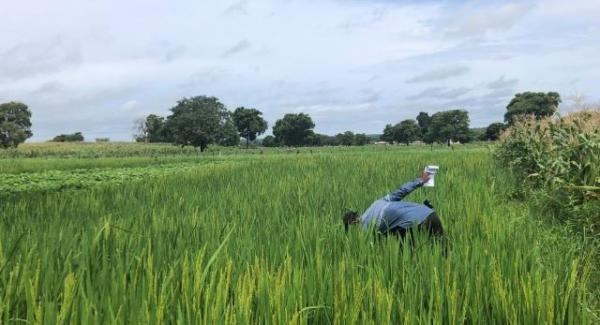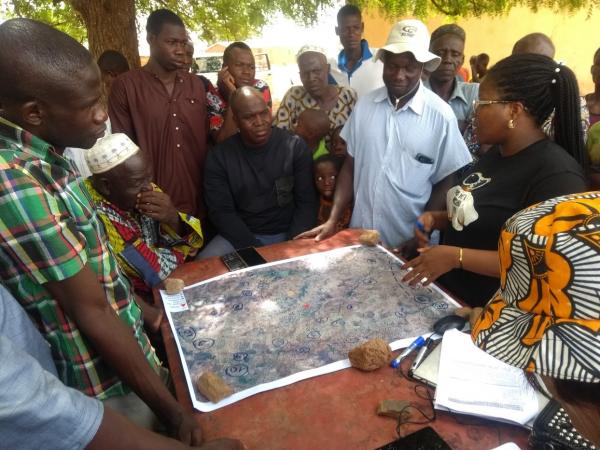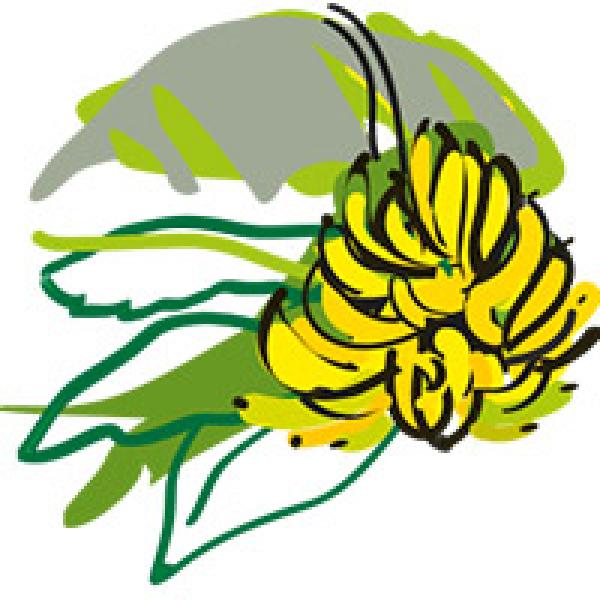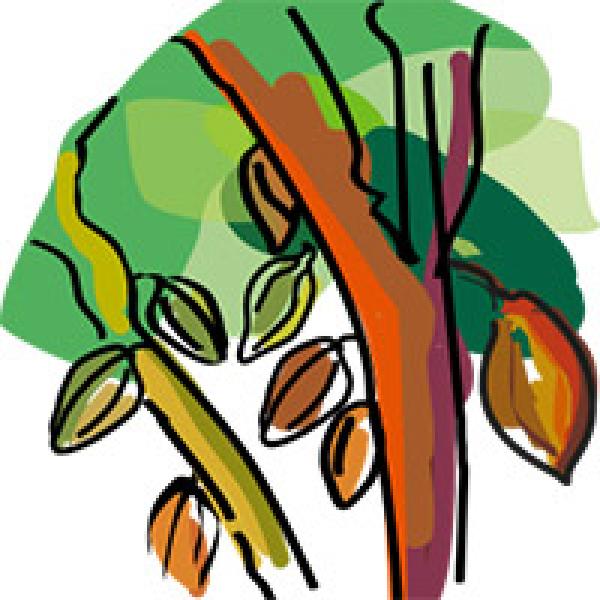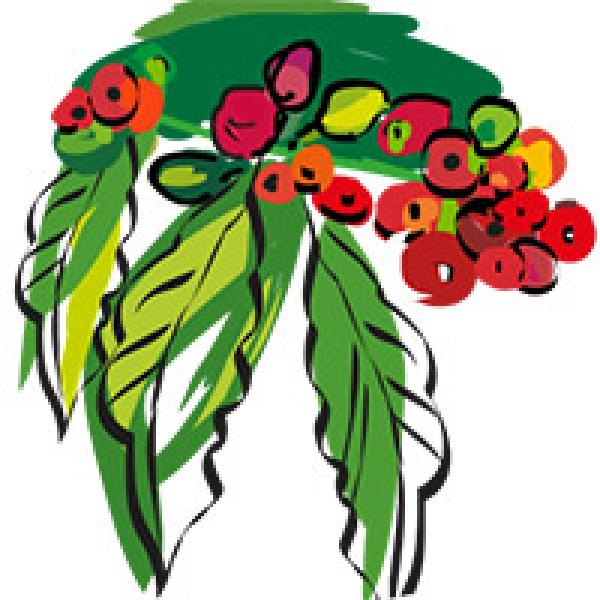Call to action 18 November 2025
- Home
- Our activities, our impact
- Tropical value chains
- Cotton

Cotton
CIRAD conducts research on cotton cropping systems in the global South. In this way, it contributes to development and to the food self-sufficiency of people in those countries. It also provides many services and has a range of facilities, tools and laboratory methods.
Our remits
- Boosting competitiveness (productivity and quality) on a supply chain scale
- Improving producers' financial margins, by cutting production costs, boosting yields and improving product quality
- Guaranteeing food security, by increasing the yields of the food crops grown in rotation, and through crop management sequences that are more resilient as regards rainfall variations, etc.
- Making cropping systems more sustainable, by maintaining soil fertility, integrated management of pest resistance to insecticides, reducing impacts on human health and the environment (GMOs, pesticides, etc)
- Building capacity, through training, supervising theses, researcher networking and information sharing.
Our ambitions
CIRAD is a historic player in cotton research, backed by long-term partnerships with players from the research, development and agroindustrial sectors. Our activities cover every stage from plot to initial industrial processing, and rely on our expertise in the fields of genetics and plant improvement, crop management, processing, and product quality. CIRAD is also involved in supporting, training and mentoring players in the sector.
The cotton sector is facing new challenges including climate change as well as social and environmental issues. To address those challenges, CIRAD has pinpointed four ambitions that will frame its cotton research for the period 2023-2033.
- Ambition 1 : Adapt cropping practices to climate change and reduce their environmental impact.
- Ambition 2: Make African cotton more profitable and competitive
- Ambition 3: Build capacity among players in African cotton chains
- Ambition 4: Position African cotton chains better on a territory scale
To find out more: Cotton roadmap summary - The road to sustainable cotton growing [2023-2033]
Appraisals
- Economic analyses of the cotton sector in support of agricultural development policies, diagnostic analyses of cotton supply chain performance in association with institutional organization.
- Analyses of the characteristics and performance of farms in cotton-growing regions.
- Economic and environmental impact studies of major technological innovations (GMOs) and farming practices in the fields of pest and disease management (parasites and weeds) and soil fertility management.
- Studies, analyses and appraisals of the main critical functions in cotton supply chains: seed production plans, agricultural research, cottonseed classification, fibre classification.
- Technological diagnoses of industrial processing equipment: ginning, spinning, etc.
- Cotton technology laboratory diagnoses: organization, facilities, operating methods, data management, etc.
- Research and development project design and coordination, agronomic diagnoses, design of experimental networks, transfer of knowledge and results (demonstrations, technical advice notes, "peasant universities", management advice, etc.).
- Research project design and scientific coordination in the main disciplinary fields: biotechnologies (marker-assisted breeding, functional genomics) and biosafety, genetics (varietal creation), crop protection and integrated pest management, agronomy, agro-physiology and soil science, and fibre, yarn and seed technology.
- Supervision of students and academic work, organization of training for technicians and researchers.

























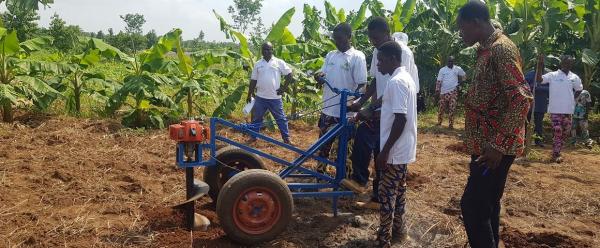
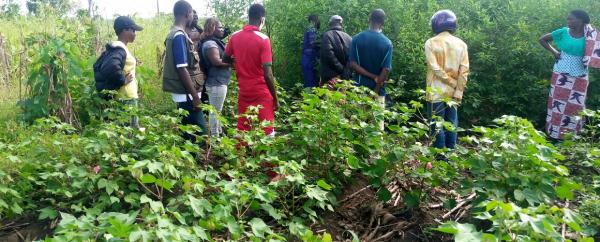
.jpg)

